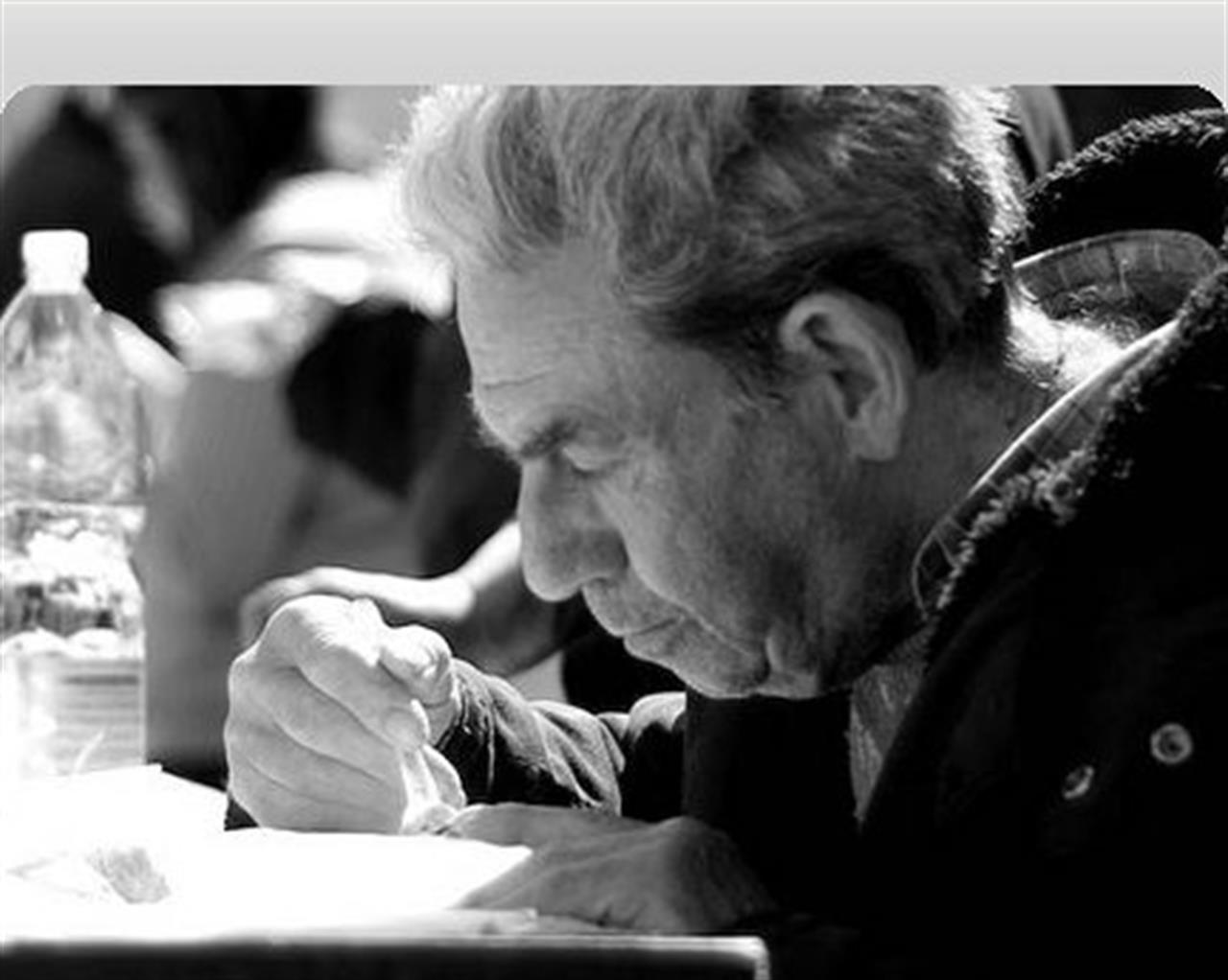The battle for food aid
The end of the stalemate that has divided European member states and that threatens EU food aid?

Today the European Council of Ministers has finally approved the European Programme for the Disadvantaged (PEAD) following a stalemate that has lasted for seven months. Germany, the programme’s strongest opponent, at last gave in to the outspoken supporters of the scheme, France, Belgium and Italy, which aims to feed up to 18 million poor Europeans a year until 2013.
“We always said we were willing to compromise”, declared the German Agriculture Minister, Ilse Aigner “and we are willing to accept a transitionary solution for the next two years”.
The PEAD has been at the centre of numerous debates, most recently in April the European Court of Justice had allowed its budget to be slashed by 76%. This effectively cancelled the extraordinary move by part of EU Commissioner Josè Manuel Barroso who in 2008 increased PEAD’s budget from 113.5 to 480 million euros.
A strong minority
The European Court of Justice’s decision was backed by five European countries – Sweeden, United Kingdom, Czech Republic and Austria. “The programme,” writes Le Monde, “supported by European stocks and the Common Agricultural Policy is at an all time low, so low indeed that the EU has had to compensate this reduction by buying large quantities of food for European food banks”. The countries opposing the programme were against using CAP funds to finance programmes with social goals.
Germany’s stance, however, did not convince the European Commissioner for Agriculture and Rural Development Dacian Ciolos. After the failure of the last European Council on October 20, Ciolos had said he was “worried to see that the Council was not capable of preventing opposition to a scheme that would guarantee food security to Europe’s poor in 2012 and 2013 seeing as it had declared itself responsible for finding an agreement”.
“From now on all technical or legal arguments used by member states to dismiss the PEAD are outdated. I want to reassure all beneficiaries of European food banks and food aid that the Commission will guarantee that the programme will be funded. Member states are still in time to change their minds and swap sides”.
PEAD: an open battle
The EU Commissioner’s appeal did not fall on empty ears. However, although Berlin has given in the battle to ensure that the PEAD will live on is still to be decided. Germany has in fact only agreed to a transitionary period and expects the programme to end in 2014. “The European Union of the future should not have to fund social policy” said Aigner “and starting on January 2014 Europe will no longer deal with social policy”. In other words, the PEAD must be funded by national governments and not by Europe.
Cosa fa VITA?
Da 30 anni VITA è la testata di riferimento dell’innovazione sociale, dell’attivismo civico e del Terzo settore. Siamo un’impresa sociale senza scopo di lucro: raccontiamo storie, promuoviamo campagne, interpelliamo le imprese, la politica e le istituzioni per promuovere i valori dell’interesse generale e del bene comune. Se riusciamo a farlo è grazie a chi decide di sostenerci.
